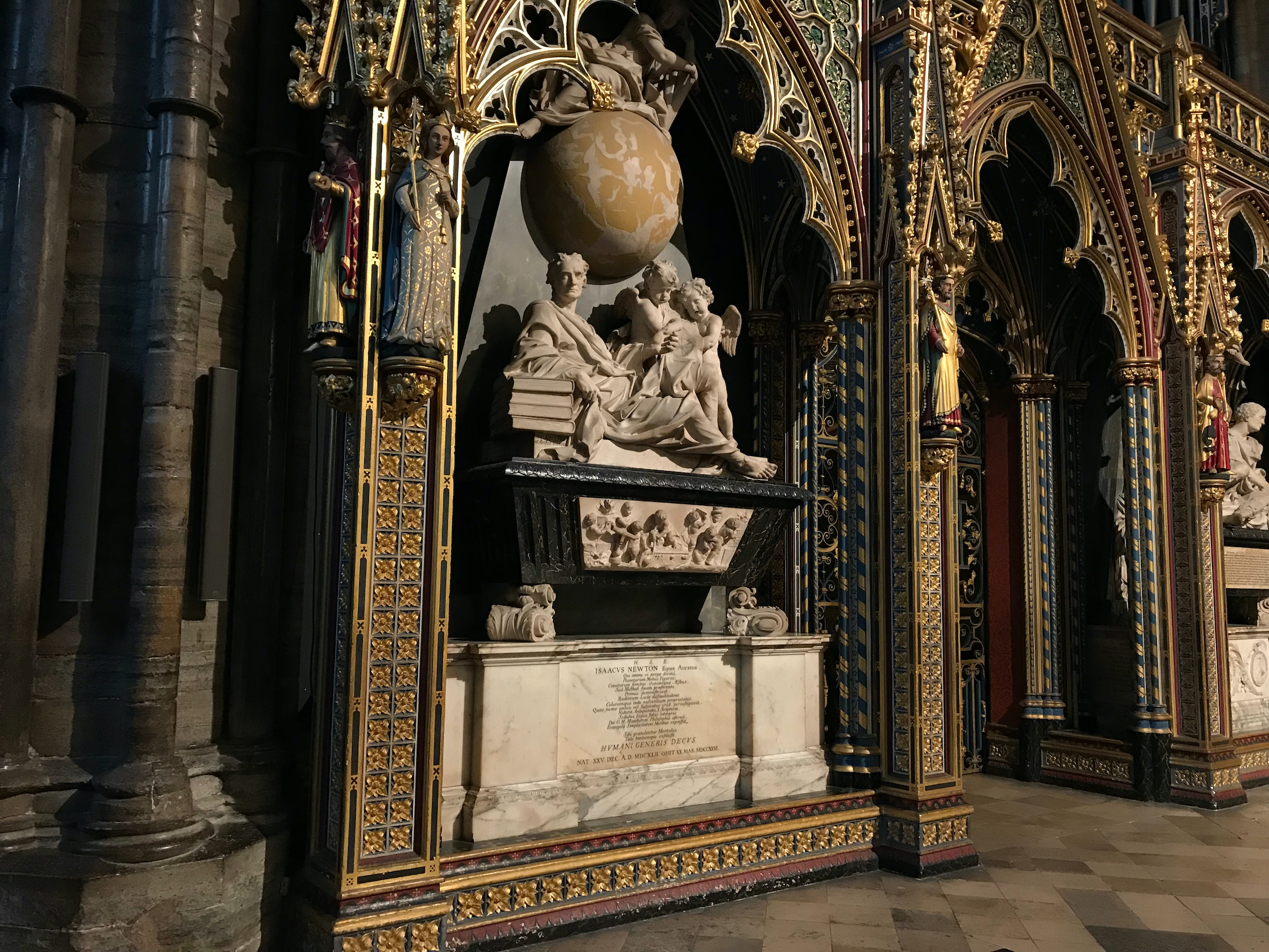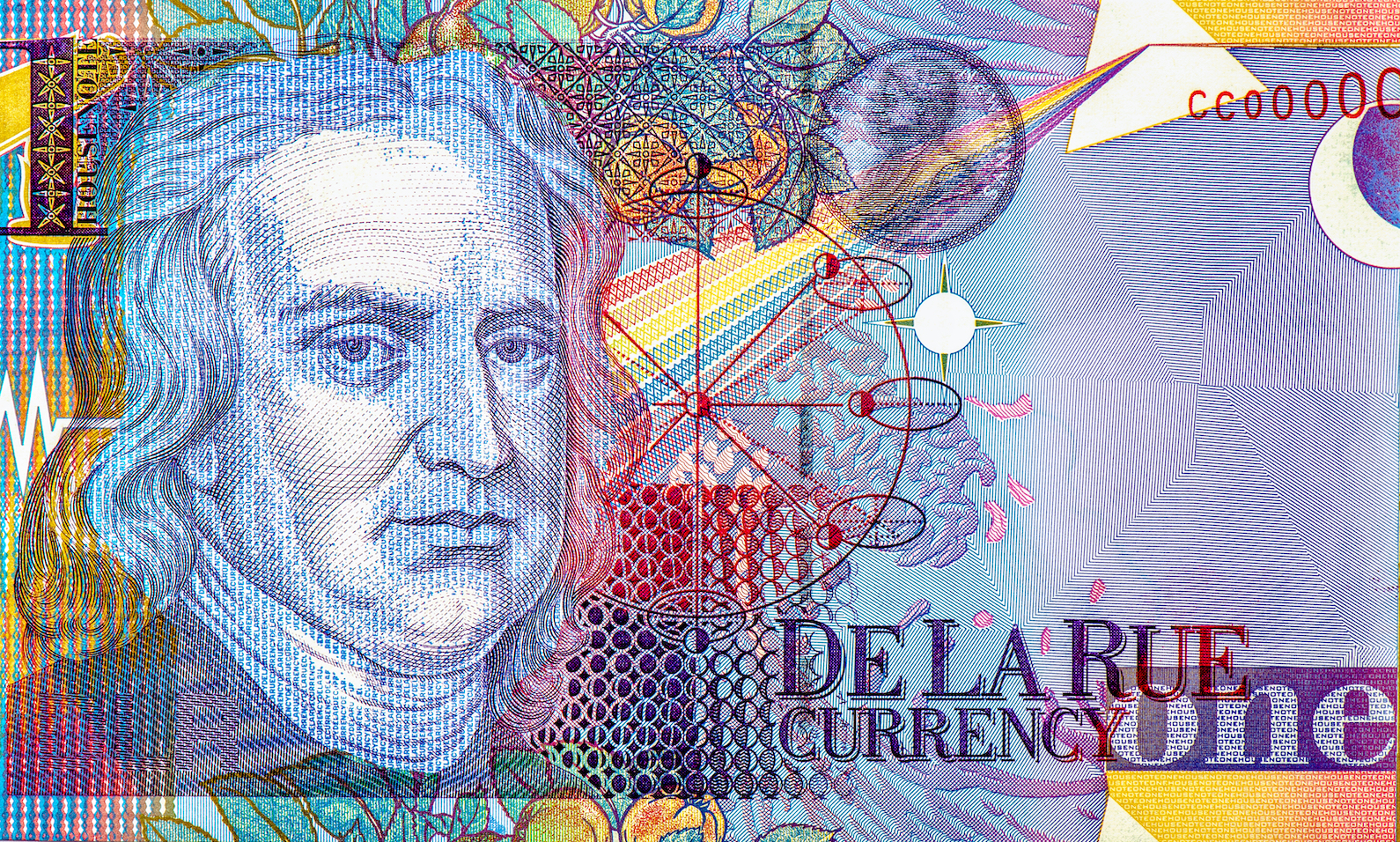Isaac Newton is incredibly important today for several reasons. For one thing, he's a great heroic icon of science. The only thing that most people know about Isaac Newton is that supposedly he watched an apple fall from a tree and conceived the theory of gravity. That story may or may not be true, but it's one that he promoted in the few years shortly before he died (he told it to four different friends). It's become a foundational myth of scientific discovery, rather like Archimedes jumping out of his bath shouting ‘Eureka!’ It conveys the idea that there's some very gifted people whom we now call scientific geniuses who have a special access to the truth.
Isaac Newton, in a way, has become a secular saint for our society, rather like Catherine is known by her wheel or St. Jerome by his lion. Isaac Newton is a secular saint and his attribute is his apple.



